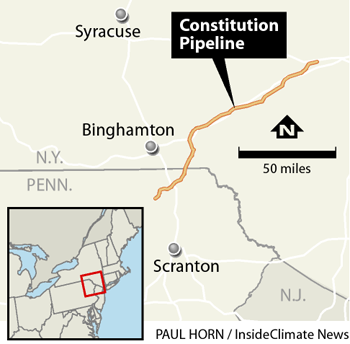On this episode of The Unregulated Podcast Tom Pyle and Mike McKenna are joined by Institute for Energy Research alumni Bob Murphy for a review of Trump’s address to the joint session of Congress and a wide ranging discussion of energy issues in the news.
Links:
- Are the tariffs working?
- Atlanta Fed “Trumpcession” – Outlier, for Now
- Not so Fast, Says SCOTUS
- EU to protect EV Industry
- Not So Sunny Days for Sunnova
- Hedge Fund Says Clean Energy is Dead for Now
- NM Tax Increase Update
- Learn more about the Mises Institute
- Listen to the Bob Murphy Show
- Follow Bob on X
Stay Connected With The Show:


